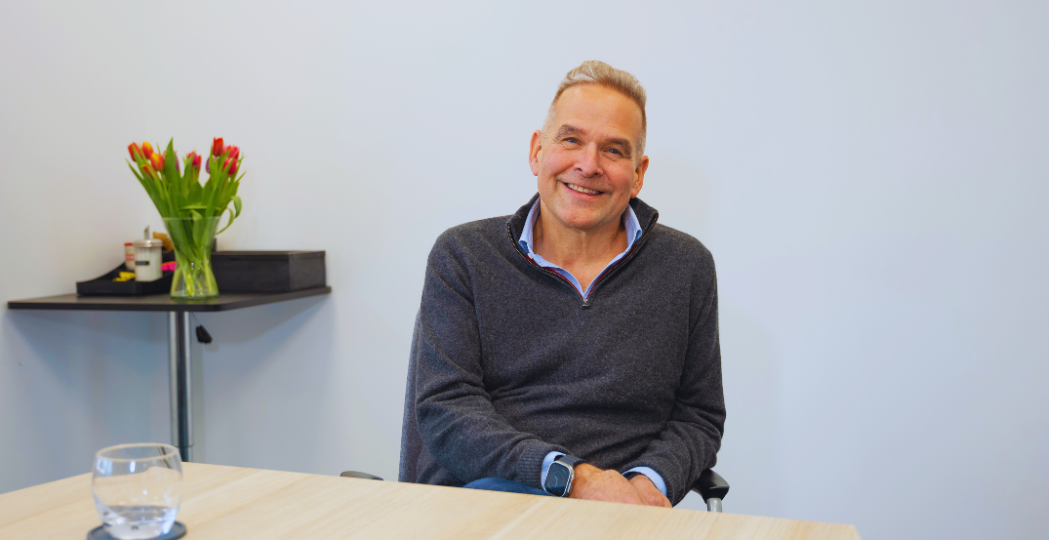ChatGPT is new. It’s AI, but in a seemingly more accessible format than the ‘artificial intelligence’ of old – think of those strange prototype robots at corporate events that weren’t really helpful at pouring drinks but were certainly talking points.
Since November when it was launched, ChatGPT has already piqued interest in every sector and whilst it has been in our consciousness for just a few months, I suspect more has been written about its potential to transform or adversely destroy our norms, than any other topic since the invention of printing in the 14th century.
The big question is how it will affect our industry. Do we need to worry about it and what should we be doing to maximise the advantages that it may present?
Chat GPT is different. No question about that. I tried it out as soon as it was available back in November, and I had a similar epiphany to when I experimented with the internet back in 1995: “This is a game changer”. But disruptive tech comes with its challenges. Here’s my thoughts on the risks, and potential rewards of using ChatGPT.
What is ChatGPT?
ChatGPT is an LLM (Large Language Model, which is the term for generative tech that powers chatbots). It’s simplicity is that it accesses data and then rationalises what appears to be insight from a culmination of data sets. Data is interesting and on occasions enlightening but it lacks complexity and multi-dimension. In contrast, the human brain is one of the most complex and extraordinary structures in our known universe. It uses electricity and chemicals (amongst other elements) to create conscious thought. According to google, our brain has more neuron connections than there are stars in our galaxy – sixty million or thereabouts. That surely cannot be replicated.
And this is where the use of ChatGPT must be strategically planned and implemented.
The brain uses multiple data sources in decision making. Our left brains are logical and rational, right brains creative and emotional. Human output and decision making is never determined just from data, no matter how rich the source. From my perspective ChatGPT is just surmised data. It is impressive in its speedy and prolific output, but don’t for a second believe it is ‘right’ - it is only reiterating data, and this is not necessarily factual. ChatGPT is one dimensional. It is an automaton unable to triangulate data with emotion or that very human trait – feeling. And for that reason, I cannot see it being trusted, and I’m not alone.
What does this mean for our industry?
If all is to be believed, the use of AI is growing exponentially, with benefits to productivity, efficiency, and client experience. So confident are some that this is the next tech revolution, predictions are being made that AI will raise annual global GDP by 7% (Goldman Sachs Research).
Whilst I agree that productivity and some automated processes could no doubt be enhanced in some areas, I challenge the concept that customer experience can be bettered when not using human experience, empathy and feeling.
In fact, if we take the legal industry at present, according to Reuters those in the legal profession “do not fully trust generative AI tools — and particularly the public-facing ChatGPT tool — with confidential client data.” (Reuters)
In service industries, where cases are often complex, high value or emotionally charged, can an organisation risk the loyalty and trust of their customers by putting them in the hands of artificial intelligence?
This leaves law firms in a situation where they are doubling down on client experience, and adding value at a human level, rather than risking tech in a bid to be innovative. My prediction for the future is that legal and consultancy will continue to help individuals and businesses navigate their world with the nuances and strategic insight that only experience can bring. What will likely disappear is the grunt work that they currently charge for, as AI will take over tackling document changes, policy writing and research.
At ComXo, we’re moving towards leveraging AI engines to help us analyse data patterns and enable our people to act quicker and more decisively, but we will not be replacing them. Our industry is human at its core, and I believe its interactions will continue to be so too.
Andrew Try, Founder & Managing Director
